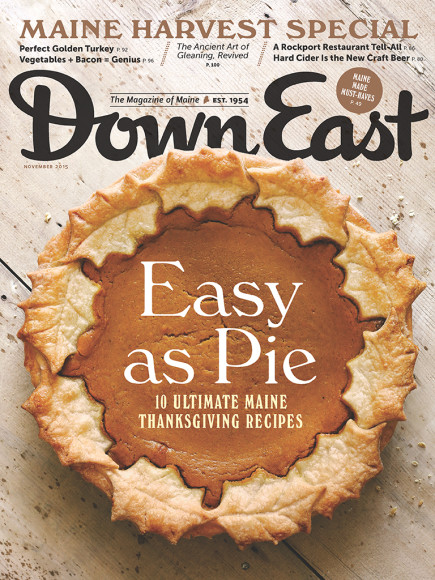An article in this month’s issue of Dispatch examines the challenges new owners face when taking over an existing restaurant–putting in place their vision while trying to retain an established customer base. Specifically the article looks at the purchase of Steve & Renees Diner and the conversion of Quatrucci’s to Other Side Deli.
Two people would come in and sit at a table for six, drink a pot of coffee over the course of an hour, and leave without ordering food. This is their preferred method of protest.”
Such is how Josh Bankhead, who owns and operates Hella Good Tacos in Portland with his wife Melissa, describes the war waged on them by estranged patrons, mostly senior citizens, upon their purchase of the venerable Portland institution, Steve & Renee’s Diner.
